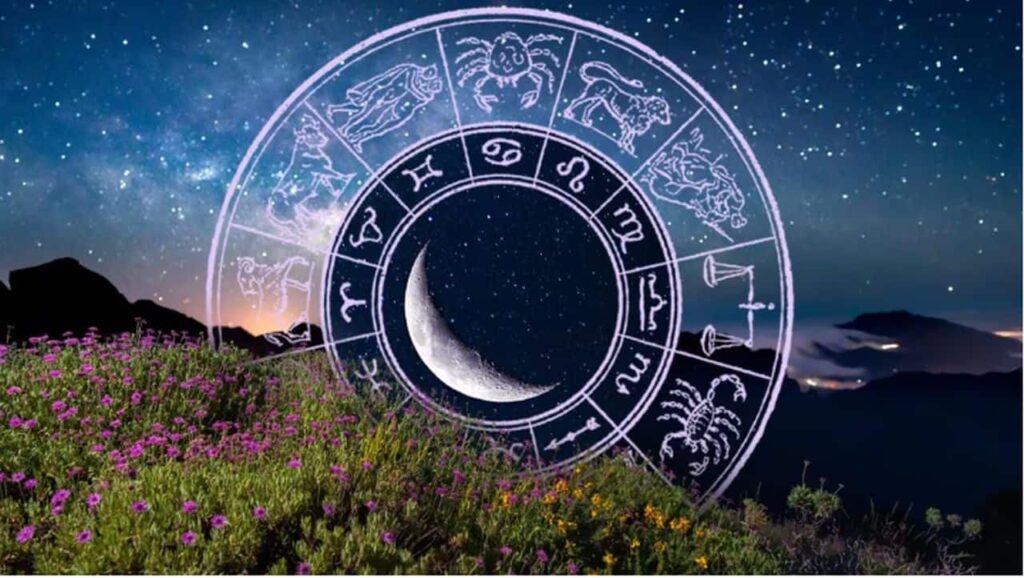Karwa Chauth is a significant festival celebrated by married women in India, symbolizing their dedication and love for their husbands. On this day, women observe a fast without food or water, praying for their husband’s long life and prosperity. The festival holds cultural and spiritual importance, emphasizing the bond of love and commitment in marriage.
Historical Significance of Karwa Chauth
Karwa Chauth is steeped in tradition, with roots tracing back to ancient India. Legends suggest that the festival began during the time of Mahabharata, where a queen performed the fast for the safety and well-being of her husband. Over time, it has evolved into a celebration that reinforces marital bonds.
Cultural Practices
During Karwa Chauth, women adorn themselves with traditional attire, jewelry, and apply mehndi (henna) on their hands. The day also involves ritualistic practices, where they gather in groups to share their experiences and prayers. The evening culminates with the sighting of the moon, after which they break their fast.
Modern Celebrations
| Year | Innovations in Celebration |
|---|---|
| 2021 | Increased use of digital platforms for virtual celebrations. |
| 2022 | Incorporation of eco-friendly practices for rituals. |
| 2023 | Utilization of online shopping for traditional wear and gifts. |
Health Considerations
Practicing a full-day fast without proper preparation can lead to dehydration or health issues. Women participating in this ritual are encouraged to hydrate and nourish themselves well in advance. Consulting with health professionals before fasting is advisable, particularly for those with underlying health conditions.
Nutritional Tips for Karwa Chauth
- Stay hydrated on the day before the fast, drinking plenty of water.
- Consume healthy meals rich in nutrients to build stamina.
- Plan a balanced meal to break the fast, including fruits, nuts, and light dishes.
The Role of Community
Karwa Chauth fosters a sense of community among women, encouraging them to share stories, prayers, and meals. This collective experience strengthens female bonds and enhances mutual support among participants. Many communities organize events or gatherings to celebrate together, creating a festive atmosphere.
Conclusion
Karwa Chauth is more than just a day of fasting; it represents love, sacrifice, and the power of marital bonds. As traditions adapt to contemporary times, the essence of the day remains unchanged—celebrating the connection between husband and wife. Whether through traditional or modern practices, the festival continues to hold a special place in the hearts of many, reflecting the enduring spirit of companionship.
